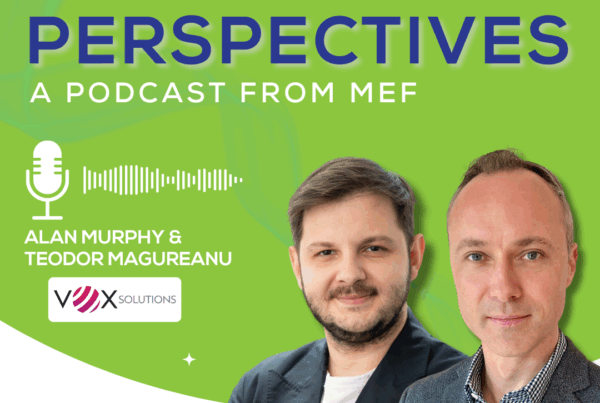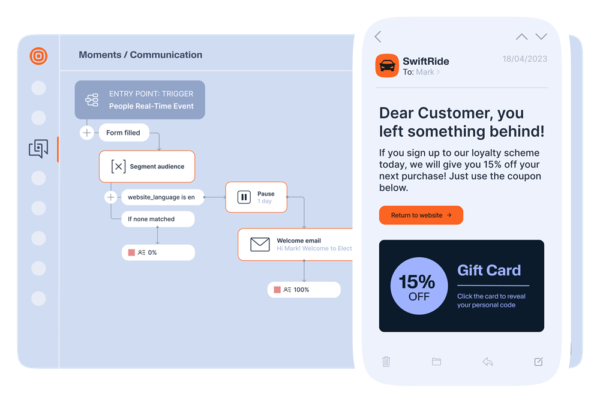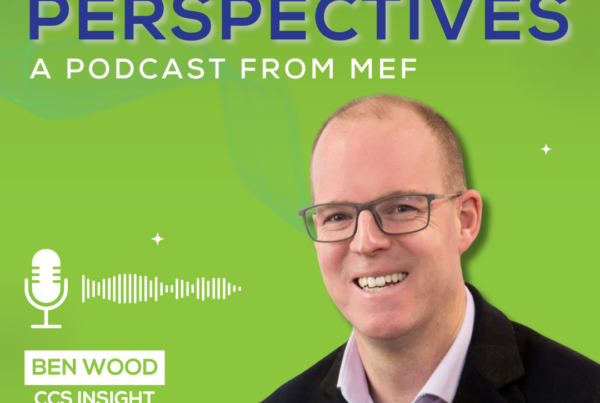DOCOMO Digital is a different kind of mobile commerce provider: operator-owned and Japanese. But it believes this unique background gives it a unique advantage. The firm’s CEO Hiroyuki Sato explained why to MEF Minute…
Long serving MEF members will remember well the companies that essentially kickstarted the mobile content and commerce market we know today. Companies like Neomobile, Mobile Streams, Zed and Dada.
In the late noughties, this market consolidated. Most of the these businesses were bought. So it was inevitable that one of the biggest of them all – Buongiorno – would be the target of a takeover. When that happened in 2012, no one was surprised. But they were stunned by the buyer: NTT DoCoMo.

NTT DoCoMo. An operator. And not just any operator. A Japanese operator.
To be clear, Buongiorno’s business was/is supplying content to MNOs and delivering billing, CRM and marketing services to any brand or publisher looking to do more on mobile.
All of that arises out of Buongiorno’s deep knowledge of operator processes. It works with hundreds of them. And now operator-centric Buongiorno is owned by… another operator?
Hiroyuki Sato, CEO of DOCOMO Digital, concedes this might seem unusual. But he believes DOCOMO’s Japanese experience makes it perfectly placed to develop the next generation of mobile value added services in Europe
He says: “Japan is a unique country. It’s been mobile-first for a long time, even though there is a high level of PC penetration. This makes it different from other mobile-centric countries, where mobile is the only option.
“We had mobile bandwidth in Japan before anywhere else, and we had consumers who were prepared to shop and pay from their phones. I think we understand very well how to build great experiences.
“In 2009, the management asked me to take the DOCOMO vision to the global market. I was excited to do it, but I concluded that we needed to own our own platform outside of Japan. That was why we bought Buongiorno.”
 DOCOMO’s ambitions also saw it buy the carrier billing business of Germany’s net mobile in 2014. But it took until earlier this year to formalise its European operation into DOCOMO Digital, which it unveiled in January. Its core objective? ‘Financial inclusion for everyone.”
DOCOMO’s ambitions also saw it buy the carrier billing business of Germany’s net mobile in 2014. But it took until earlier this year to formalise its European operation into DOCOMO Digital, which it unveiled in January. Its core objective? ‘Financial inclusion for everyone.”
Specifically DOCOMO Digital wants to blend together its expertise in user experience, retail partnerships, carrier billing and traditional financial services. In so doing it aims to build payment services on mobile that reach banked and unbanked customers.
A key part of this will be direct carrier billing (DCB). In one flagship case study, DOCOMO Digital worked with Alsa, a Spanish bus company, to embed carrier billing into its mobile and online channels. Uniquely, it delivered a universal payment service via Movistar, Orange and Vodafone.
DOCOMO Digital has connections into 200 operators and has begun to work closely with Google on its mission to let people buy apps on Google Play from the phone bill. Indeed, it has already connected Vodafone UK, Three Ireland, Sunrise and Swisscom to the Android store.
But its ambitions go wider than just Europe. Mr Sato says the company is looking at ways to connect Africa’s mobile money systems with DCB for app payment.
He says: “Mobile money in Africa is usually talked about in terms of paying for electricity and so on. That’s important. But so is entertainment. It’s universal. And we see real opportunities in helping mobile money users to buy from app stores with carrier billing.”
Naturally, Mr Sato doesn’t expect to see African-style mobile banking products to flourish in Europe. But that doesn’t mean DOCOMO Digital can’t play in the European banking space too. Actually, he has some intriguing ideas about the future of basic banking services in advanced countries.
“I think a revolution is coming to banking,” he says. “Traditional banks are focused on landing and corporate banking – that’s where they make their money, and will continue to do so. But that area of relatively low value current or checking accounts – that needs to be more simple.
“It should be easier to open those accounts and transact inside them. We’re not looking to be a full bank, but we do have the financial licences and the mobile expertise to enter into that simple current account market. It’s something we’re looking at.”




